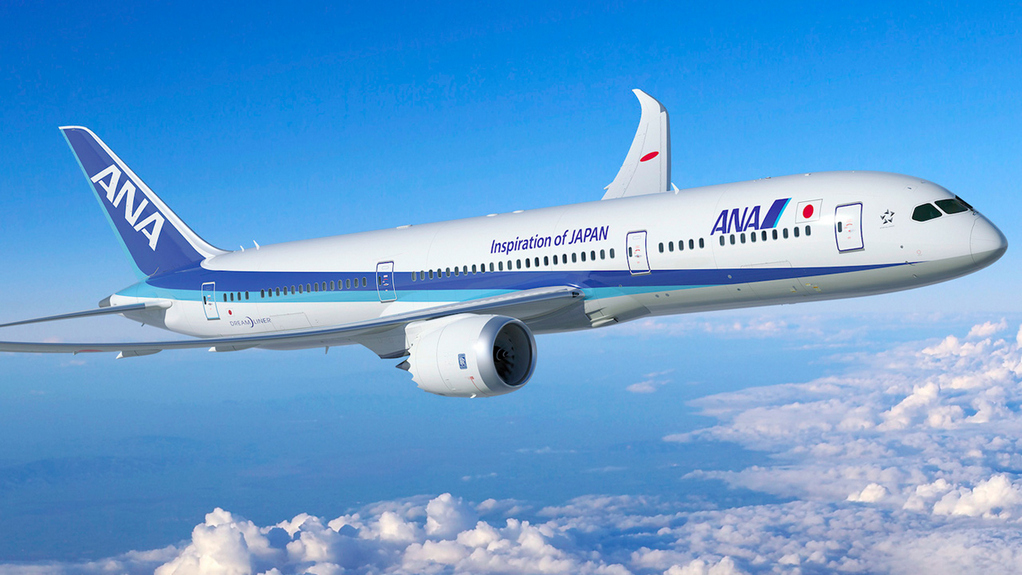The Asia-Pacific region is catching up with Europe and North America in the search for ways to reduce airlines’ combined carbon footprint, as going easier on the environment has become an overriding priority for the global aviation industry.
Now Asian airlines will have an expanded biofuel refinery in Singapore that they can source from. Finnish biofuel producer Neste in May completed a 1.6 billion-euro ($1.7 billion) expansion of its biofuel refinery in the city-state and has started producing sustainable aviation fuel (SAF), a biofuel made from used cooking oil and waste animal fat.
SAF is considered to emit up to 80% less carbon dioxide over the fuel’s life cycle — including collecting feedstocks, refining and burning — than standard jet fuel. The market leader, already producing SAF in Europe, will have an annual capacity of 1 million tons (1.26 billion liters) in Singapore.
According to the International Air Transport Association (IATA), global SAF production in 2022 was slightly above 300 million liters. While Neste relies on cooking oil and animal fat, other SAF producers often make the fuel from agricultural wastes and municipal solid wastes.
The aviation industry, one of the globe’s biggest emitters of carbon dioxide, is facing an urgent need to transform its operations.
In October 2021, the IATA approved a resolution to achieve net-zero carbon emissions from aircraft operations by 2050. The International Civil Aviation Organization (ICAO) adopted the same target the following year.
While the net zero goal is achievable through a combination of measures, the IATA is counting on SAF to carry the industry 65% of the way to its goal.
European and U.S. governments are ahead in setting sustainability agendas. In 2021, the U.S. adopted a goal of supplying enough SAF to meet 100% of aviation fuel demand by 2050. The European Union has a regulation that the minimum share of SAF available at EU airports should be 34% in 2040 and 70% in 2050.
Major airlines have their own goals. American Airlines, Air France, and many others aim to replace 10% of their jet fuel with SAF by 2030. Ryanair seeks to fuel 12.5% of its flights with SAF by 2030.
Currently, SAF production facilities are concentrated in Europe and the U.S., giving European and U.S. airlines easier access to the stuff. Now Asian airlines can buy from Neste’s Singapore refinery.
Japan’s Ministry of Economy, Trade and Industry (METI) recently announced that the government in 2030 will mandate 10% SAF use for international flights at Japanese airports, a regulation that will hold oil wholesalers accountable for meeting the threshold.
Airlines based in the region are seeking less-polluting options. Besides their deals with Neste, ANA and Japan Airlines (JAL) have landed deals with American SAF producer Raven. Tokyo-based trading house Itochu is also involved in the deal. The partners look to begin purchases in 2025.
Korean Air has signed a memorandum of understanding with Shell to purchase and supply SAF at major airports in Asia-Pacific and the Middle East for five years beginning in 2026.
ANA, Toshiba, Japanese oil major Idemitsu Kosan and three other companies are jointly researching SAF development. The partners are using electrolysis technology to convert carbon dioxide to carbon monoxide.
In Australia, the Qantas Group has teamed with Airbus and the Queensland government to invest in a local refinery being developed by bioenergy company Jet Zero Australia. American SAF maker LanzaJet is a partner.
Meanwhile, there are challenges to overcome before SAF can be widely used. According to the IATA, estimated global SAF production accounts for around 0.1% to 0.15% of total jet fuel demand. Among many producers, only a handful, including Neste and LanzaJet, can mass-produce the fuel. This has airlines scrambling to obtain the scarce resource.
The IATA expects that reaching its 2050 net zero commitment will require annual production of 449 billion liters of the fuel.
There’s another tall hurdle: SAF is expensive, typically two to five times as much as standard jet fuel. Some of the additional costs are passed on to passengers through higher airfares and cargo charges, while some are also borne by the airlines.
Tags: Asian Airlines, Aviation Industry, Biofuel, Neste, Singapore



Recent Posts
Port of Brisbane Unveils Vision 2060 to Drive Smarter, Cleaner, and More Connected Future
Wärtsilä to Deliver Hybrid Propulsion Systems for Vertom Group’s New Low-Emission Vessels
Latvian port receives electric Konecranes Gottwald Mobile Harbor Crane
Sustainable Ocean Economy Vital for Human Development, Says UNDP at UN Ocean Conference
Green Hydrogen Costs in India Could Drop by 40%, Says IEEFA-JMK Report
Cavotec Secures €1.55 Million Shore Power Contract for Port of Antwerp-Bruges
APM Terminals and SANY Marine sign landmark agreement to accelerate decarbonisation
The Port of Gothenburg takes big step towards shore power connection for container and car/RoRo vessels